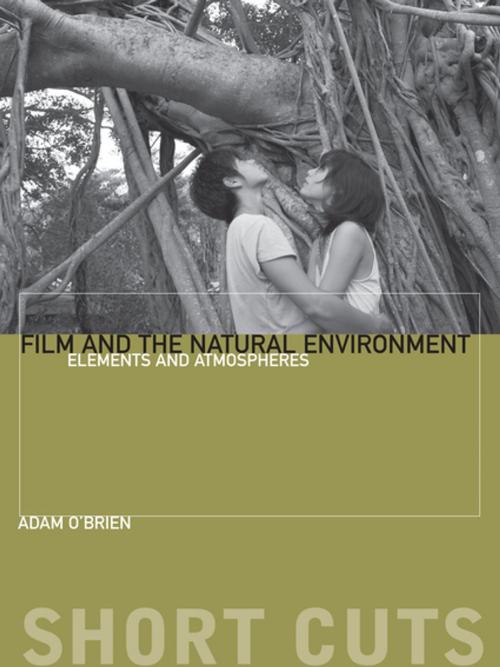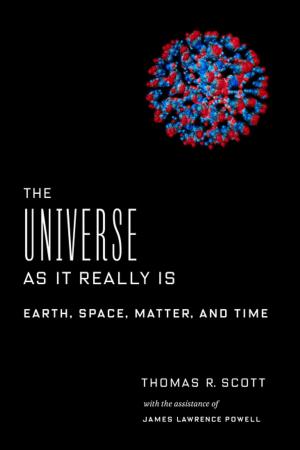Film and the Natural Environment
Elements and Atmospheres
Nonfiction, Entertainment, Film, History & Criticism, Performing Arts, Science & Nature, Nature, Environment, Environmental Conservation & Protection| Author: | Adam O'Brien | ISBN: | 9780231851107 |
| Publisher: | Columbia University Press | Publication: | December 26, 2017 |
| Imprint: | WallFlower Press | Language: | English |
| Author: | Adam O'Brien |
| ISBN: | 9780231851107 |
| Publisher: | Columbia University Press |
| Publication: | December 26, 2017 |
| Imprint: | WallFlower Press |
| Language: | English |
Environmental themes are present in cinema more than ever before. But the relationship between film and the natural world is a long and complex one, not reducible to issues such as climate change and pollution. This volume demonstrates how an awareness of natural features and dynamics can enhance our understanding of three key film-studies topics – narrative, genre, and national cinema. It does so by drawing on examples from a broad historical and geographical spectrum, including Sunrise, A River Called Titas, and Profound Desires of the Gods. The first introductory text on a topic which has long been overlooked in the discipline, Film and the Natural Environment argues that the nonhuman world can be understood not just as a theme but as a creative resource available to all filmmakers. It invites readers to consider some of the particular strengths and weaknesses of cinema as communicator of environmental phenomena, and collates ideas and passages from a range of critics and theorists who have contributed to our understanding of moving images and the natural world.
Environmental themes are present in cinema more than ever before. But the relationship between film and the natural world is a long and complex one, not reducible to issues such as climate change and pollution. This volume demonstrates how an awareness of natural features and dynamics can enhance our understanding of three key film-studies topics – narrative, genre, and national cinema. It does so by drawing on examples from a broad historical and geographical spectrum, including Sunrise, A River Called Titas, and Profound Desires of the Gods. The first introductory text on a topic which has long been overlooked in the discipline, Film and the Natural Environment argues that the nonhuman world can be understood not just as a theme but as a creative resource available to all filmmakers. It invites readers to consider some of the particular strengths and weaknesses of cinema as communicator of environmental phenomena, and collates ideas and passages from a range of critics and theorists who have contributed to our understanding of moving images and the natural world.















